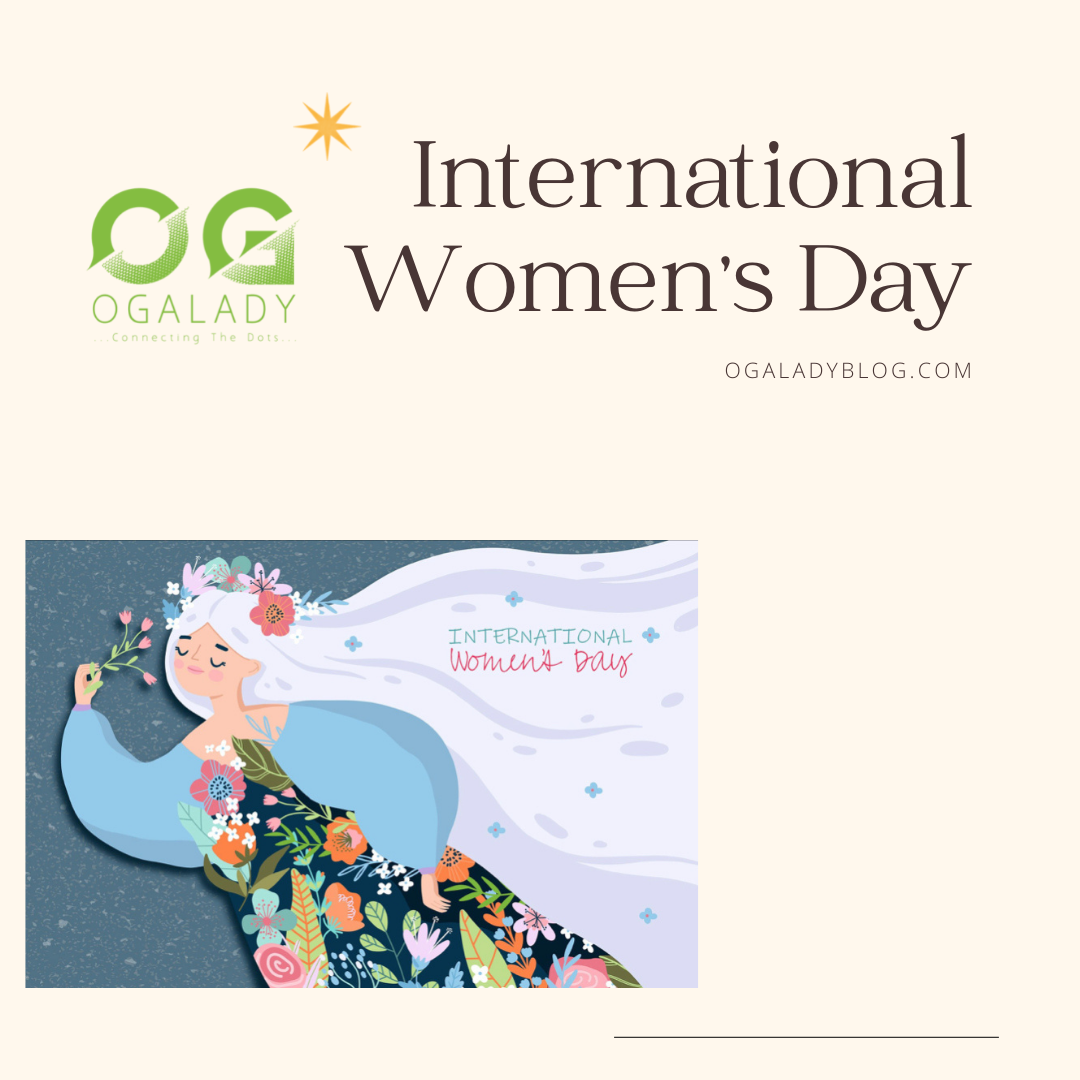
She Can because She believes – Breaking the Bias
International women’s day is usually celebrated all over the world on the 8th day of March of every year. The 2022 theme for the women’s day campaign this year is “breaking the bias”. International Women’s Day (March 8) is a global day celebrating the social, economic, cultural, and political accomplishments of women. The day also commemorates a call to action for accelerating women’s equality.
International Women’s Day has occurred for well over a century, with the first IWD gathering in 1911 being supported by over a million people. Today, IWD virtually belongs to all factions collectively everywhere. It is not country, group, or institution-specific.
Imagine a gender-equal nation. A world that’s free of bias, stereotypes, and discrimination. A world that is distinct, impartial, and inclusive. A world where every individual’s difference is respected and celebrated. Together we can develop women’s equality. Collectively we can all #BreakTheBias. Individually, it is expected that we’re all responsible for our own impressions and efforts all day, every day.
The bias in our communities, in our workplaces, in our schools, colleges and universities can be broken if a giant stride is taken.

Together, we can all break the bias.
Gender bias and gender stereotypes are so deeply rooted in our culture that people of all genders fall into gender pitfalls. On social media platforms, a lot of brands, individuals, and institutions are celebrating this day by highlighting the different achievements women have had and pledging to make society a better one for all genders. A lot of us tend to underrate women’s performance and are more likely to challenge women’s competence even in their area of specialization. It is a general belief that most expertise is strictly for men and as such the girl child or women, in general, can not partake.

In the business realm, women leaders are still a minority. This statement comes as no surprise to many of us; the surprising aspect is that men outpace women in leadership roles across every region in the world: corporate, non-governmental, governmental, Education, Medicine, Military, and even religious affairs. When you keenly look at it from this viewpoint, women have a long gap to bridge. The implication of these viewpoints and the implications on leadership calls for both concern and discussion. What is resulting in this gap and keeping women from progressing to the top?
There is a popular assumption that gender differences make women and men valuable in different roles. Thus, women are less beneficial to the extent that the leader role is masculinized, and men are less beneficial when the role is feminized. Take, for instance, a woman can be a very powerful military leader, but her platoon may not be supportive of her, because she’s believed to be in a role considered to be incongruent with femininity. A similar situation exists with male nurses, a man can be an outstanding nurse, but those he cares for may not accept him positively, because he’s in a role considered incongruent with his gender. Now take a look at this scenario, a few days ago the National assembly rejected some gender bills here in Nigeria and these bills were in favor of women. This bill includes one to create special seats for women In the National and Statehouse of assemblies. The rejection of this bill seeking gender equality has since sparked a protest by women concerned in the country. To break this bias, there is a necessity to reshape rooted attitudes and a community that tends to devalue women in general. When men and women are equal in numbers on decision-making essences, this will help shift biased reasoning in both men and women, as well as increase perception and access for women in business, government, and politics. To break this bias, women must come together and stand as one, with one voice, so that we can all together break the bias for the sake of generations yet unborn. Let’s say no to constitutional and political bias. Gender equity is needed for a sustainable future. There is need for a legislation that demands parity on all decision-making bodies in both the public (governmental, political, and parliaments) and also private sectors.
1 Comment
How Women Improve Business Values? - OGALADY
[…] and challenging the status quo. Again, this takes us back to the break the bias theme for International Women’s day. Today’s innovators are shaping the future of business for years to come for the usefulness of […]